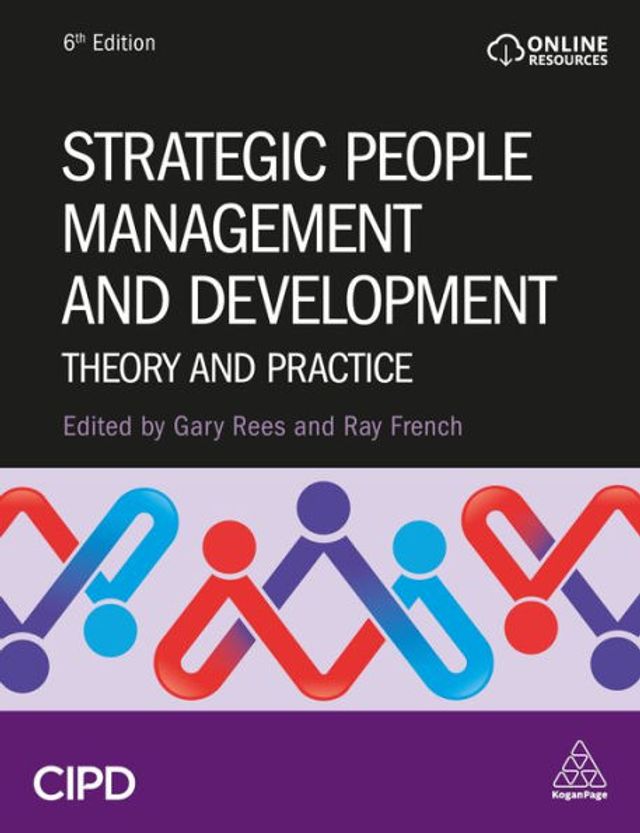Home
Organization Development and Society: Theory Practice of Consulting
Barnes and Noble
Organization Development and Society: Theory Practice of Consulting
Current price: $54.99


Barnes and Noble
Organization Development and Society: Theory Practice of Consulting
Current price: $54.99
Size: Paperback
Loading Inventory...
*Product information may vary - to confirm product availability, pricing, shipping and return information please contact Barnes and Noble
Organization Development and Society: Theory and Practice of Organization Development Consulting
offers a new approach for the practice of organization development (OD). The new approach, a habitus oriented OD (HOOD), sees consultees' thinking and behavior a result of habitus, a cognitive structure developed historically in endless interactions between human behavior and social structures. HOOD has two goals:
The first goal is to redefine the objectives of individually oriented OD. The focus on habitus and social structure allows individually oriented OD scholars and practitioners to keep their subjective approach, which searches for consultees' inner world. However, this subjectivity searches not only for consultees' psychological but their social dispositions. It views the individual level, the habitus, as a site of social dispositions that from within the individual consultees generate thoughts and behaviors in a way that closely corresponds with the organization's social structure; with power relations and social positions and with accepted metaphors and common language. The HOOD links the concept of habitus to the field of OD and in so doing provides an alternative way to incorporate the individual and the social in OD.
HOOD's second goal is to re/position OD between organizations and society and thus to produce a consulting practice that is both pragmatic and human. It is pragmatic since incorporation of habitus enables the consultant to liberate consultees' perspectives and behavior from the organization's social and structural hoops and to use these perspectives in processes of change and development. Considering the habitus as central to consulting projects is human since it enables consultants (and consultees) to identify the responsibility for organizational problems (and other phenomena) not only at the level of the individual but also at the level of the organization and the environment outside the organization.
offers a new approach for the practice of organization development (OD). The new approach, a habitus oriented OD (HOOD), sees consultees' thinking and behavior a result of habitus, a cognitive structure developed historically in endless interactions between human behavior and social structures. HOOD has two goals:
The first goal is to redefine the objectives of individually oriented OD. The focus on habitus and social structure allows individually oriented OD scholars and practitioners to keep their subjective approach, which searches for consultees' inner world. However, this subjectivity searches not only for consultees' psychological but their social dispositions. It views the individual level, the habitus, as a site of social dispositions that from within the individual consultees generate thoughts and behaviors in a way that closely corresponds with the organization's social structure; with power relations and social positions and with accepted metaphors and common language. The HOOD links the concept of habitus to the field of OD and in so doing provides an alternative way to incorporate the individual and the social in OD.
HOOD's second goal is to re/position OD between organizations and society and thus to produce a consulting practice that is both pragmatic and human. It is pragmatic since incorporation of habitus enables the consultant to liberate consultees' perspectives and behavior from the organization's social and structural hoops and to use these perspectives in processes of change and development. Considering the habitus as central to consulting projects is human since it enables consultants (and consultees) to identify the responsibility for organizational problems (and other phenomena) not only at the level of the individual but also at the level of the organization and the environment outside the organization.


















